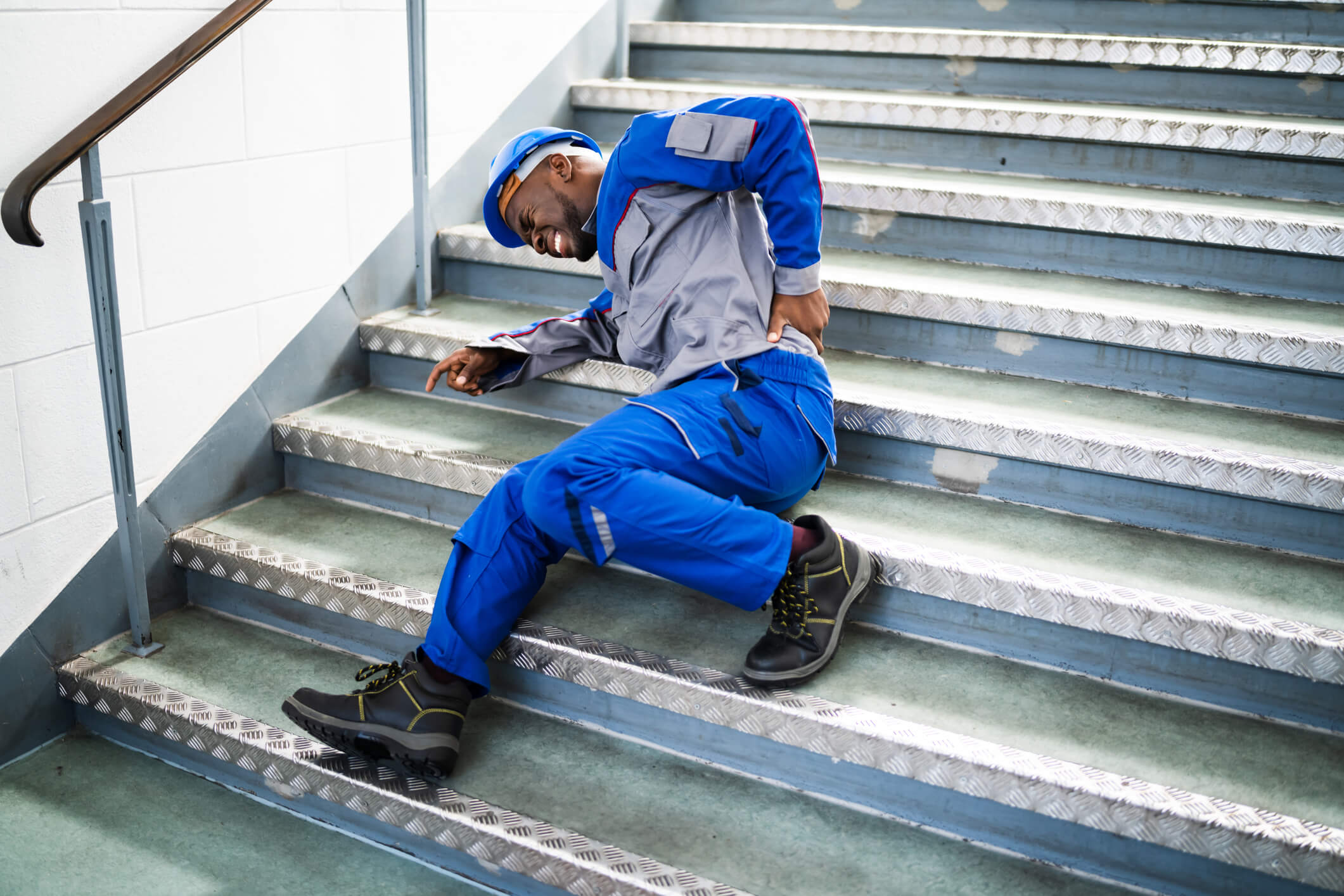Slip and fall accidents can occur in various settings, from grocery stores to office buildings, resulting in serious injuries. Comparative fault impacts how damages are awarded and can significantly influence the outcome of a claim. In this blog, Joshua E. Palmer Law will explore the concept of comparative fault, specifically under Georgia’s modified comparative negligence policy, and discuss how it affects liability and compensation in slip and fall cases.
Understanding Premises Liability
Premises liability refers to the legal responsibility of property owners to ensure their premises are safe for visitors. When a property owner fails to maintain a safe environment, which leads to an accident, they may be held liable for the resulting injuries. Common slip and fall scenarios include accidents caused by:
- Wet or slippery floors without warning signs.
- Uneven surfaces or damaged flooring.
- Poor lighting conditions that obscure hazards.
Property owners must take reasonable steps to prevent accidents by regularly inspecting their premises and addressing potential hazards. When a slip and fall occurs, determining liability involves assessing whether the property owner met their duty of care and if their negligence contributed to the accident.
What is Modified Comparative Fault?
Comparative fault is a legal principle used to determine how responsibility for an accident is shared among the parties involved. Unlike contributory negligence, which can prevent a plaintiff from recovering damages if they are found to be even partially at fault, comparative fault allows for a more nuanced approach.
Under comparative fault, each party’s degree of fault is assessed, and damages are allocated accordingly. This means that if a plaintiff is found to be partially responsible for their accident, their compensation may be reduced by their percentage of fault. For example, if a plaintiff is deemed 20% at fault for a slip and fall accident, their recovery will be reduced by that 20% proportion.
Georgia’s Modified Comparative Negligence Rule
In Georgia, the legal system follows a modified comparative negligence rule, which impacts how fault and compensation are determined in slip and fall cases. Under Georgia law, a plaintiff can recover damages as long as their degree of fault is less than 50%. This means that if a plaintiff is found to be 50% or more at fault for their injuries, they are barred from recovering any damages.
Here’s how it works:
- Percentage of Fault: The court will assess the fault of each party involved in the slip and fall accident. If the plaintiff is found to be 49% or less at fault, they can still recover damages, but their award will be reduced proportionally based on their percentage of fault.
- Impact on Compensation: For example, if a slip and fall victim is awarded $100,000 in damages but is found to be 30% at fault, their recovery will be reduced to $70,000. This reduction reflects their contribution to the accident.
Georgia’s approach ensures that fault is apportioned fairly and prevents plaintiffs who are primarily responsible for their injuries from receiving compensation.
Determining Liability in Slip and Fall Cases in Georgia
Determining liability in slip and fall cases involves evaluating several factors to establish who is responsible for the accident. In Georgia, the following factors are typically considered:
- Property Owner’s Duty of Care: Property owners are expected to maintain their premises in a reasonably safe condition. This includes addressing hazards, warning visitors of potential dangers, and conducting regular inspections.
- Plaintiff’s Conduct: The plaintiff’s behavior at the time of the accident is also scrutinized. For instance, was the plaintiff acting in a way that contributed to the fall, such as ignoring warning signs or engaging in risky behavior?
- Evidence Collection: Gathering evidence is essential in establishing liability. This includes documenting the accident scene, collecting witness statements, and preserving relevant records or reports.
The combination of these factors helps to determine how fault is apportioned and how damages are calculated under Georgia’s modified comparative negligence rule.
Impact of Comparative Fault on Compensation
In slip and fall cases, the comparative fault principle directly influences the compensation a plaintiff can receive. Here’s how it affects compensation:
- Reduction Based on Fault: If a plaintiff is found to be partially at fault, their compensation will be reduced by their percentage of fault. This ensures that damages reflect the shared responsibility for the accident.
- Example: Suppose a slip-and-fall victim is awarded $50,000 in damages but is found to be 25% at fault. Their recovery will be adjusted to $37,500. Conversely, if they are found to be 50% or more at fault, they will not be entitled to any damages.
Understanding how comparative fault impacts compensation is essential for plaintiffs to have realistic expectations about their potential recovery and to navigate the claims process effectively.
Don’t Let Fault Complicate Your Claim: Partner with Us for Effective Legal Support
Navigating a slip-and-fall case can be complex, especially when comparative fault comes into play. Understanding Georgia’s modified comparative negligence rule is crucial for ensuring that you receive fair compensation for your injuries. If you’ve been involved in a slip and fall accident, working with a knowledgeable attorney who can help you assess fault, gather evidence, and maximize your recovery is essential.At Joshua E. Palmer Law, we are dedicated to fighting for your rights and securing the compensation you deserve. Our team understands the nuances of Georgia’s comparative negligence laws and is committed to guiding you through every step of the legal process. Don’t let uncertainty about fault impact your chances of recovering damages—contact us today for a comprehensive evaluation of your case.
